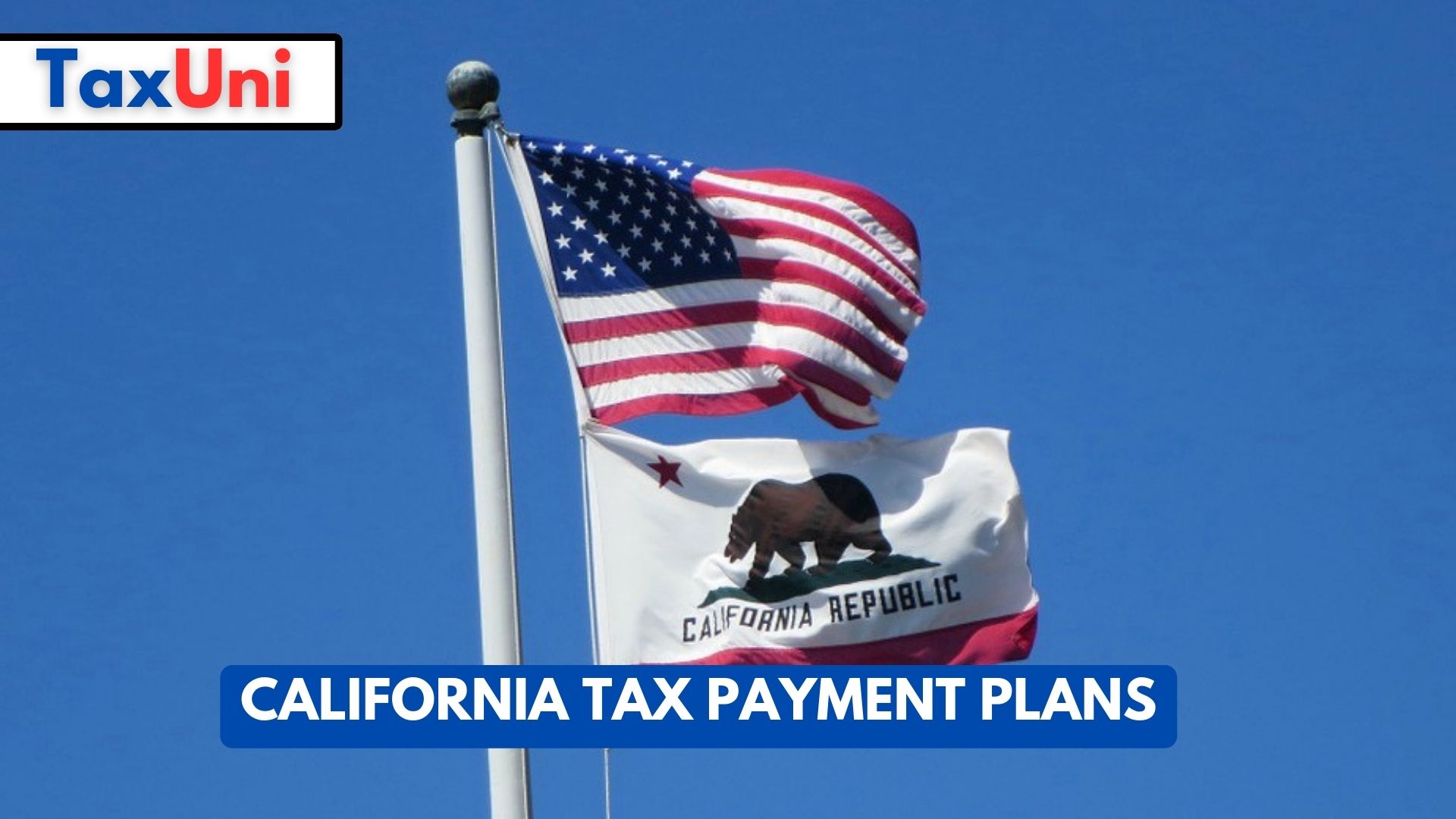When it comes to state taxation, the California Tax Board plays a crucial role in ensuring compliance and managing revenue collection. As one of the most prominent tax authorities in the United States, the California Tax Board oversees various tax-related activities, including sales tax, excise tax, and corporate tax. Understanding its functions and responsibilities is essential for both residents and businesses operating in California.
The state of California operates under a complex tax framework designed to fund public services, infrastructure, and other essential programs. At the heart of this system is the California Tax Board, an authoritative entity that enforces tax laws and regulations. Whether you're a small business owner, an individual taxpayer, or a corporate entity, staying informed about the California Tax Board's operations is vital to avoiding legal issues and ensuring compliance.
This article delves into the intricacies of the California Tax Board, exploring its history, responsibilities, and impact on taxpayers. By the end of this guide, you'll have a clear understanding of how this board functions and how it affects your financial obligations. Let's dive in!
Read also:Kelsey Gabbert The Rising Star In The World Of Entertainment
Table of Contents
- The History of the California Tax Board
- Key Responsibilities of the California Tax Board
- Types of Taxes Managed by the Board
- Ensuring Tax Compliance
- Penalties for Non-Compliance
- Understanding the Appeals Process
- Resources for Taxpayers
- Impact on Businesses
- Impact on Individual Taxpayers
- The Future of the California Tax Board
The History of the California Tax Board
The California Tax Board, officially known as the California Department of Tax and Fee Administration (CDTFA), has a storied history that dates back to the early days of statehood. Established to manage and regulate taxation, the board has evolved significantly over the years to meet the changing needs of California's economy. Initially, the focus was primarily on property taxes, but as the state grew, so did the scope of its responsibilities.
In recent decades, the California Tax Board has expanded its oversight to include a wide range of taxes, including sales and use tax, fuel taxes, and alcohol and tobacco taxes. This expansion reflects the growing complexity of California's tax landscape and the need for a centralized authority to ensure fairness and transparency in tax collection.
Evolution of Tax Policies
Over the years, the California Tax Board has implemented several key policies aimed at improving efficiency and reducing fraud. These policies have been shaped by legislative changes, technological advancements, and shifting economic conditions. For instance, the introduction of electronic filing systems has made it easier for taxpayers to submit their returns accurately and promptly.
Key Responsibilities of the California Tax Board
The California Tax Board is responsible for a wide array of functions that ensure the smooth operation of the state's tax system. These responsibilities include tax collection, enforcement, and education. By fulfilling these duties, the board plays a critical role in maintaining the financial health of California.
Tax Collection
One of the primary functions of the California Tax Board is to collect taxes from individuals and businesses. This involves processing tax returns, issuing refunds, and ensuring that all taxpayers meet their obligations. The board uses advanced data analytics and auditing techniques to identify discrepancies and ensure compliance.
Enforcement
Enforcement is another crucial responsibility of the California Tax Board. The board investigates cases of tax evasion, fraud, and non-compliance, taking appropriate legal action when necessary. This enforcement ensures that all taxpayers contribute their fair share to the state's revenue.
Read also:Why Did Jake Leave Two And A Half Men The Untold Story Behind Jake Harpers Departure
Types of Taxes Managed by the Board
The California Tax Board oversees several types of taxes, each with its own set of rules and regulations. Understanding these taxes is essential for both individuals and businesses operating in California.
- Sales and Use Tax: This tax applies to the purchase of tangible goods and certain services within California.
- Excise Tax: Excise taxes are levied on specific goods, such as gasoline, alcohol, and tobacco products.
- Corporate Tax: Businesses operating in California are required to pay corporate taxes based on their income.
- Property Tax: Property owners are subject to property taxes based on the assessed value of their real estate.
Special Taxes
In addition to the standard taxes, the California Tax Board also manages special taxes that fund specific programs and initiatives. These taxes may include environmental fees, transportation charges, and other levies designed to address pressing social and economic issues.
Ensuring Tax Compliance
Tax compliance is a critical aspect of the California Tax Board's mission. The board provides various resources and tools to help taxpayers meet their obligations. These include educational materials, online filing systems, and customer support services.
Best Practices for Compliance
To ensure compliance with California's tax laws, taxpayers should:
- Keep accurate records of all financial transactions.
- File tax returns on time and pay any outstanding balances.
- Stay informed about changes in tax laws and regulations.
- Seek professional advice when necessary to avoid errors and penalties.
Penalties for Non-Compliance
Failing to comply with California's tax laws can result in significant penalties. The California Tax Board enforces these penalties to discourage non-compliance and ensure a level playing field for all taxpayers.
Common Penalties
Penalties for non-compliance may include:
- Interest charges on unpaid taxes.
- Fines for late filing or payment.
- Criminal charges in cases of fraud or evasion.
Understanding the Appeals Process
Taxpayers who disagree with a decision made by the California Tax Board have the right to appeal. The appeals process provides an opportunity for taxpayers to present their case and seek a resolution.
Steps to File an Appeal
To file an appeal, taxpayers should:
- Submit a written request to the California Tax Board.
- Provide supporting documentation to substantiate their claim.
- Attend any hearings or meetings scheduled by the board.
Resources for Taxpayers
The California Tax Board offers a wealth of resources to assist taxpayers in understanding and complying with their obligations. These resources include:
- Online guides and publications.
- Tax calculators and filing tools.
- Customer service representatives available via phone or email.
Useful Links
For more information, taxpayers can visit the official website of the California Department of Tax and Fee Administration (CDTFA) or contact their local tax office.
Impact on Businesses
Businesses operating in California must navigate a complex tax environment. The California Tax Board provides guidance and support to help businesses meet their obligations while remaining competitive.
Key Considerations for Businesses
Businesses should consider the following when dealing with California's tax system:
- Understand the tax implications of different business structures.
- Stay updated on changes in tax laws that affect their industry.
- Utilize available resources to streamline tax compliance processes.
Impact on Individual Taxpayers
Individual taxpayers in California must also contend with a variety of tax obligations. The California Tax Board offers resources and tools to help individuals manage their tax responsibilities effectively.
Tips for Individual Taxpayers
Individuals can take the following steps to ensure compliance:
- File tax returns accurately and on time.
- Take advantage of available deductions and credits.
- Seek professional assistance if needed.
The Future of the California Tax Board
As California continues to grow and evolve, the role of the California Tax Board will undoubtedly expand. The board is committed to adopting innovative technologies and strategies to improve efficiency and enhance taxpayer services. This commitment ensures that the board remains a trusted authority in the realm of state taxation.
Emerging Trends
Some emerging trends in California's tax landscape include:
- Increased reliance on digital tools for tax filing and compliance.
- Greater emphasis on environmental taxes to support sustainability initiatives.
- Enhanced data analytics to detect and prevent tax fraud.
Kesimpulan
The California Tax Board plays a vital role in maintaining the financial health of the state by ensuring compliance with tax laws and regulations. Whether you're an individual taxpayer or a business owner, understanding the board's functions and responsibilities is essential for avoiding legal issues and meeting your financial obligations.
We encourage you to take advantage of the resources provided by the California Tax Board and stay informed about changes in tax laws that may affect you. Don't hesitate to share this article with others who may benefit from the information, and feel free to leave a comment or question below. Together, we can ensure a fair and transparent tax system for all Californians.


